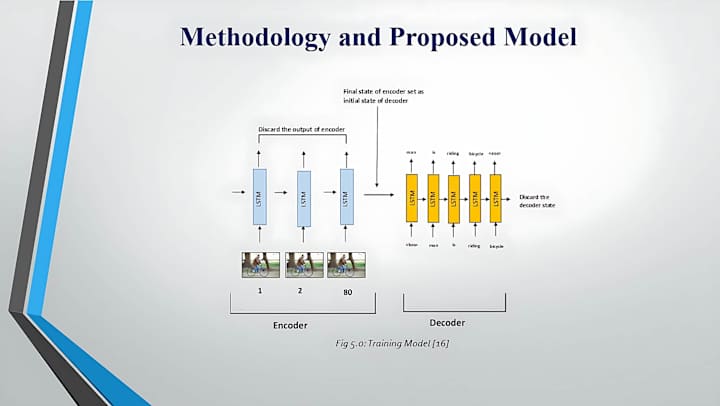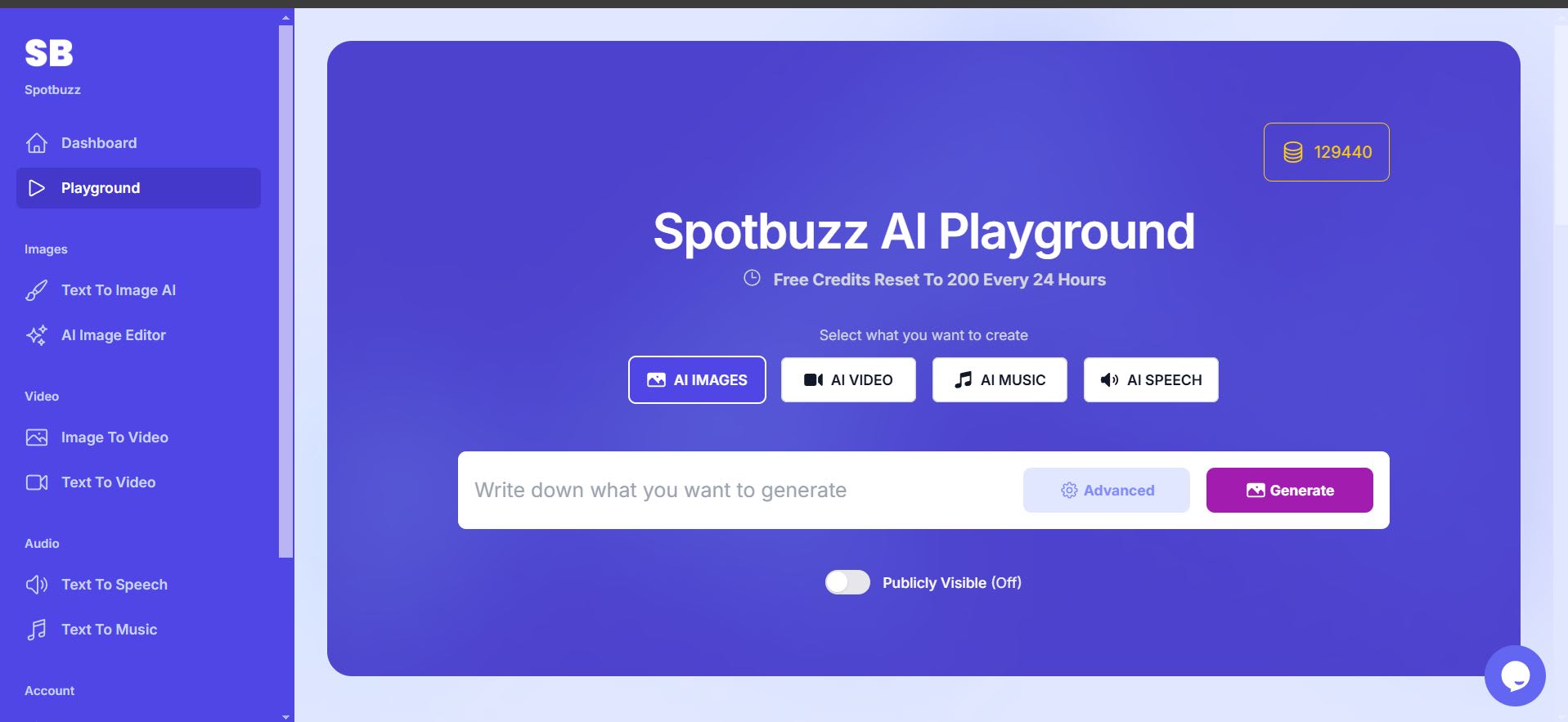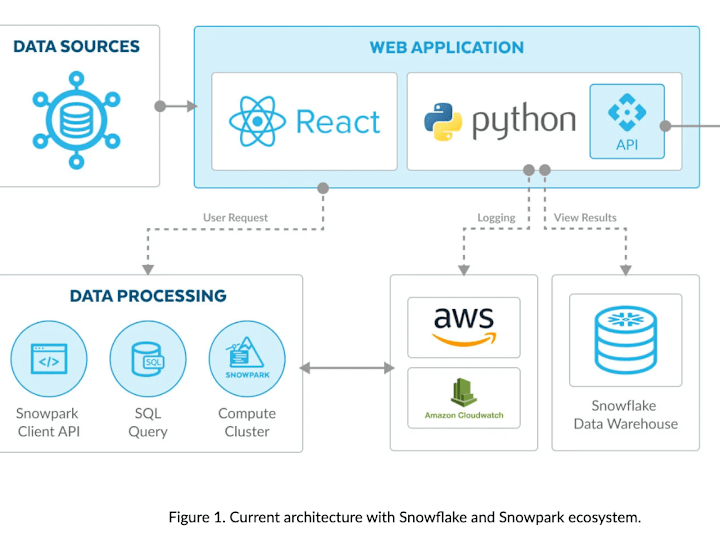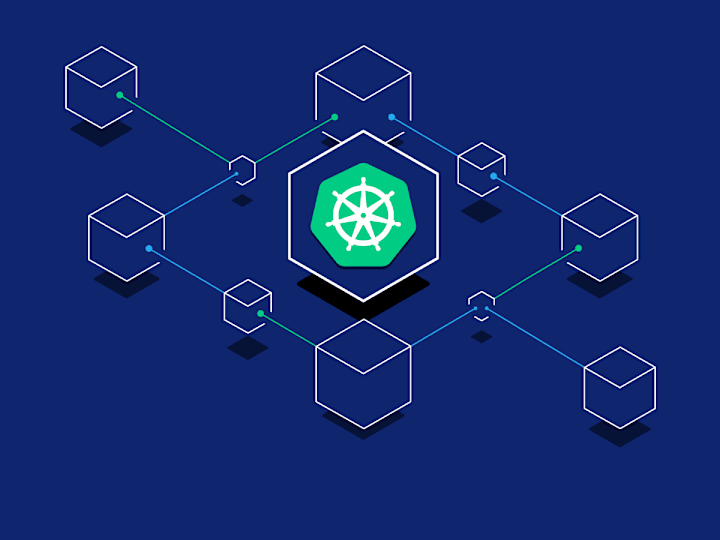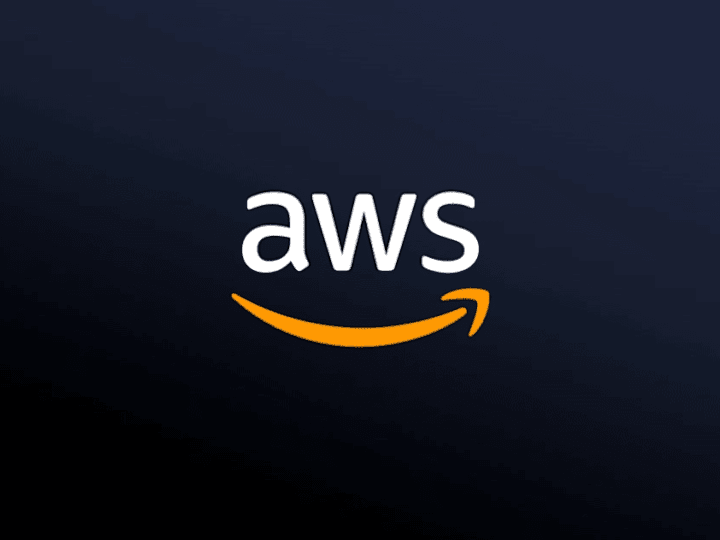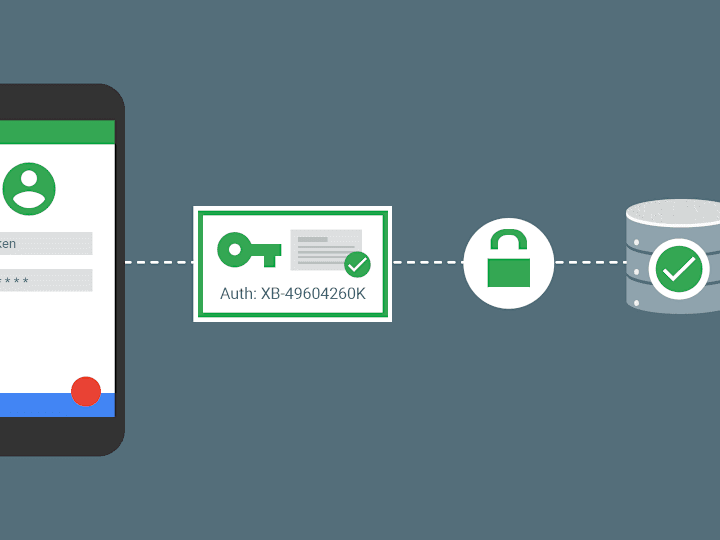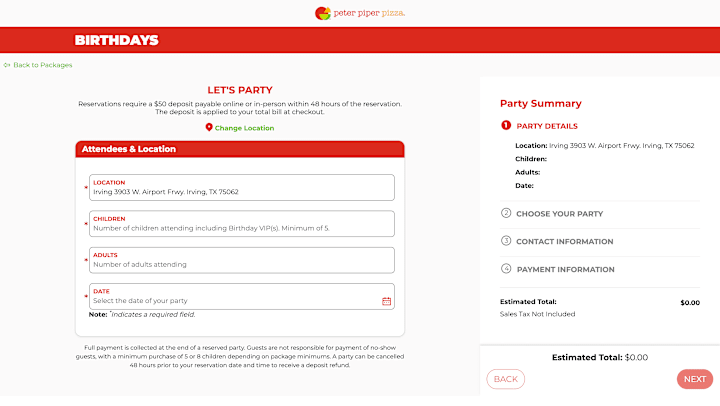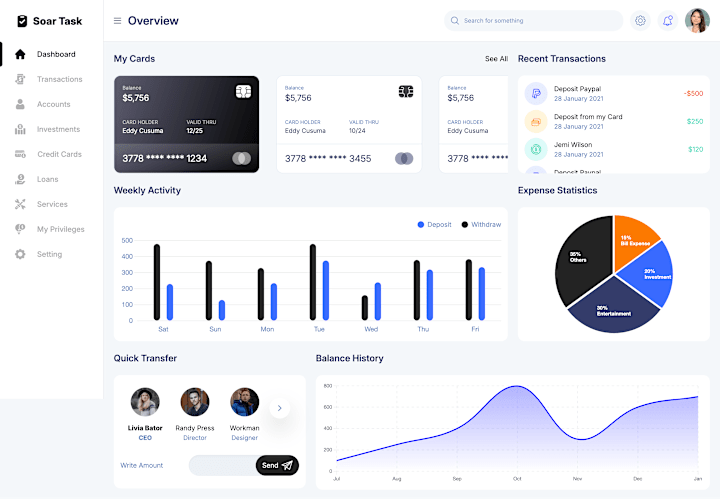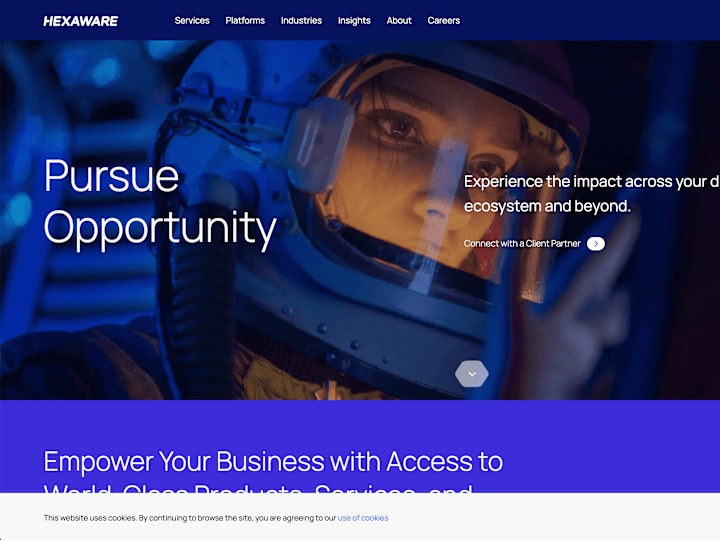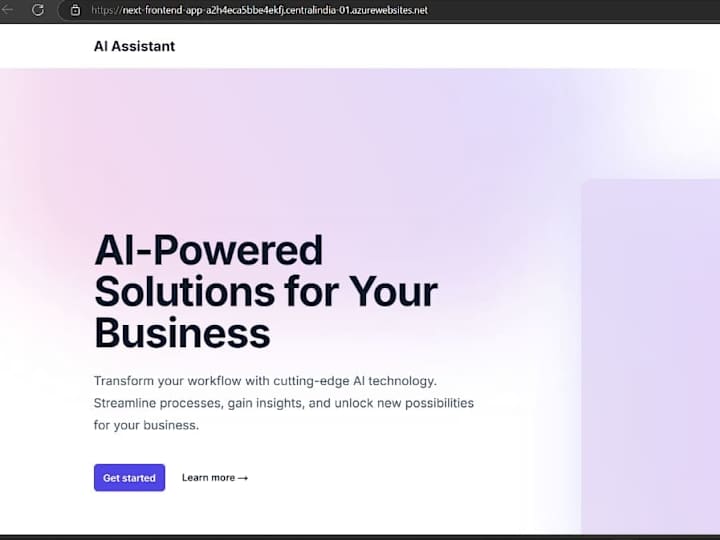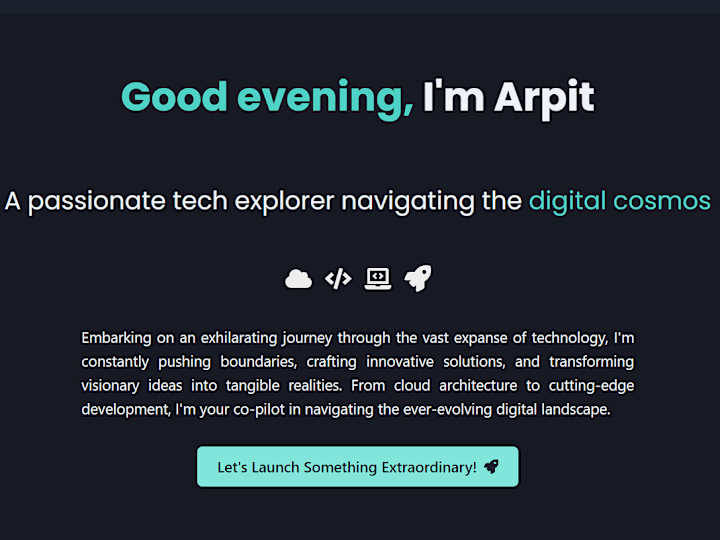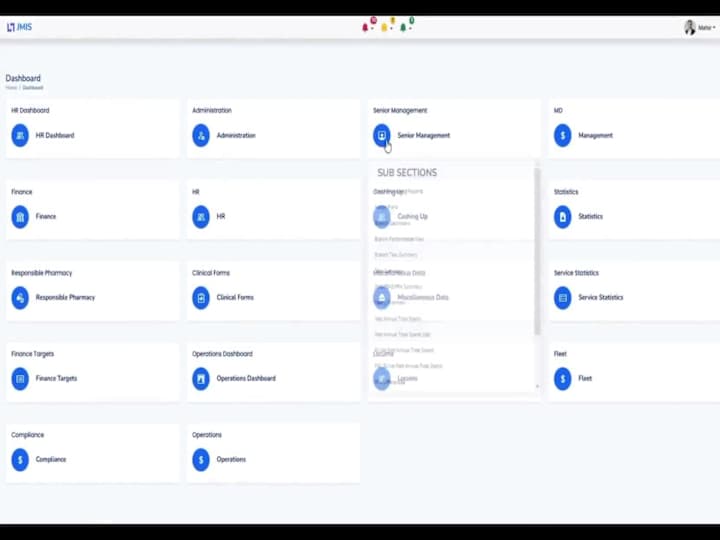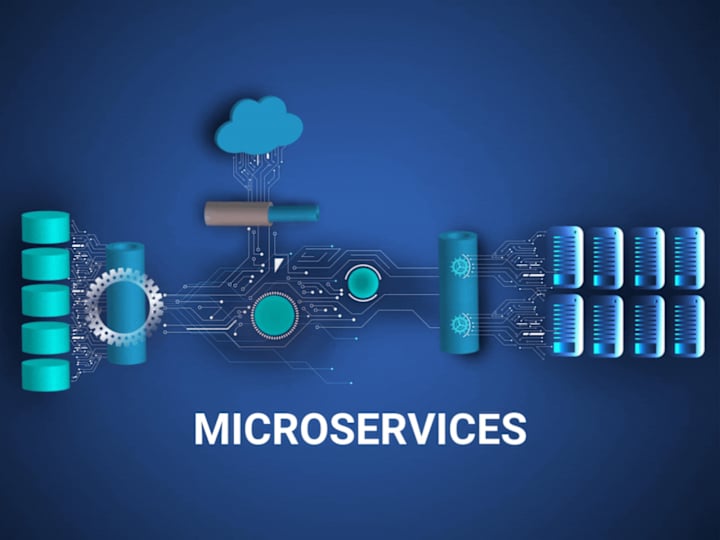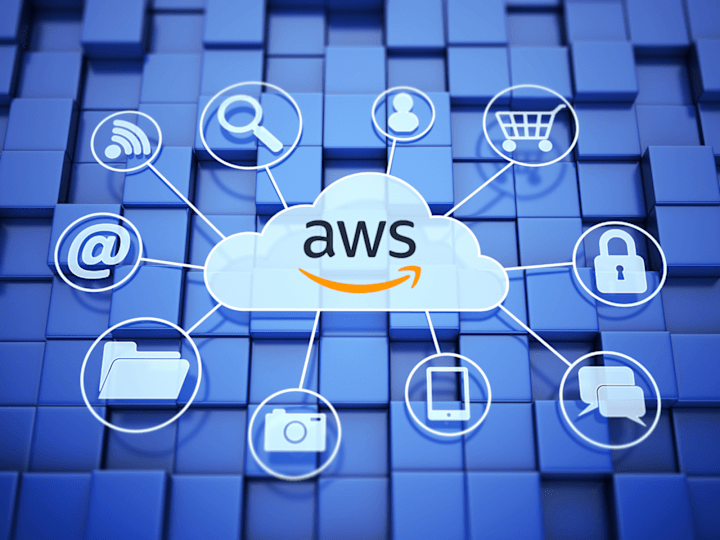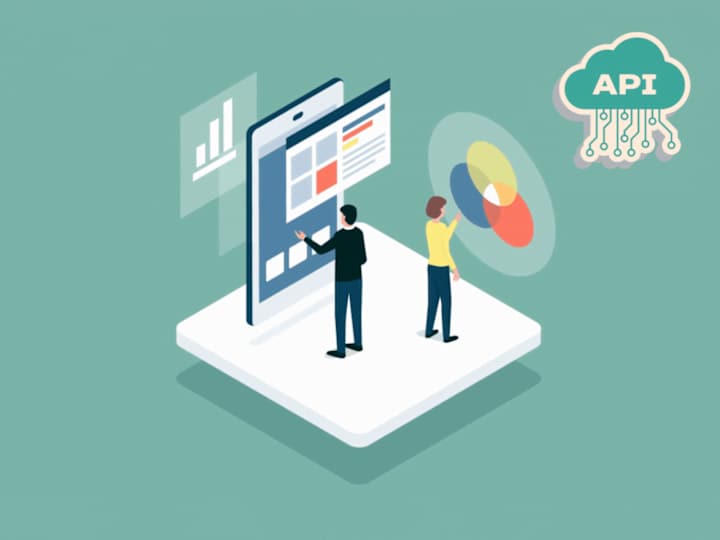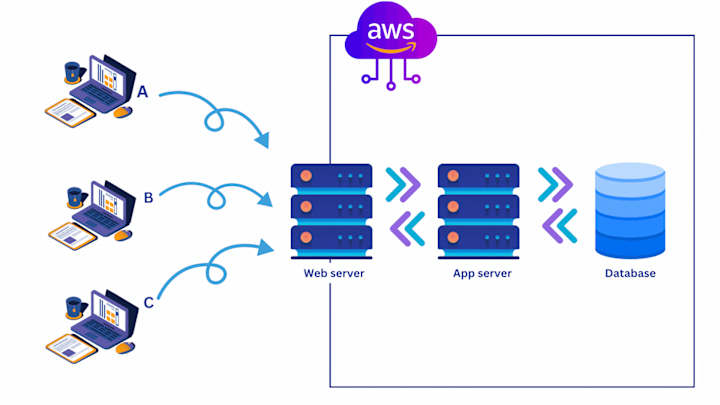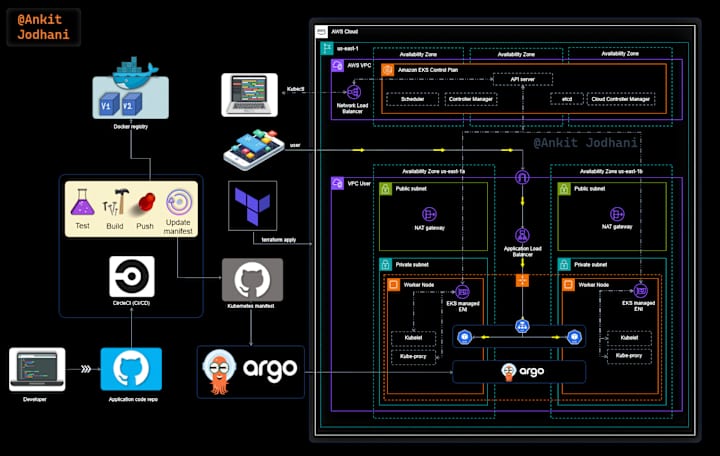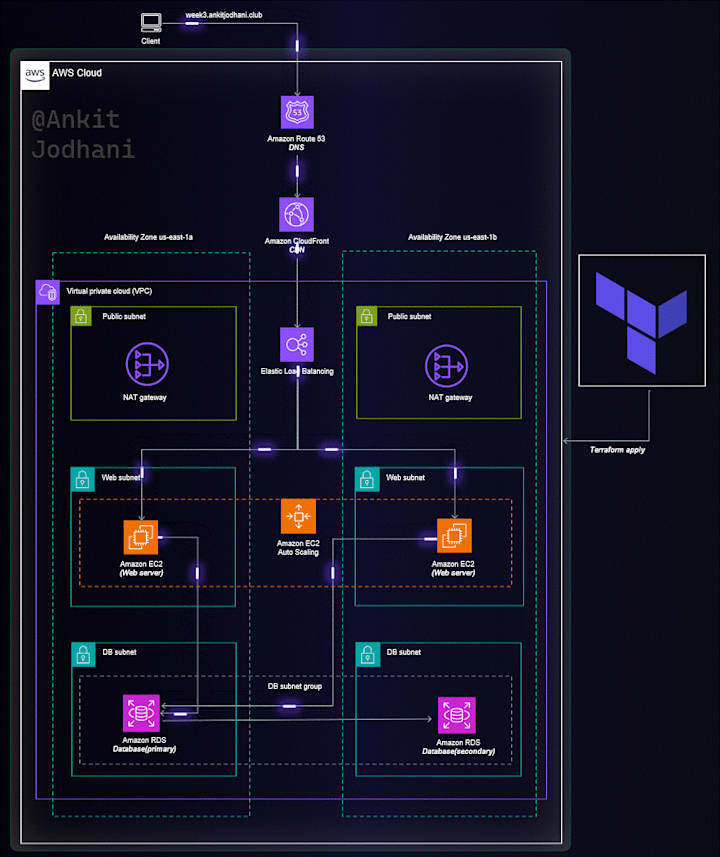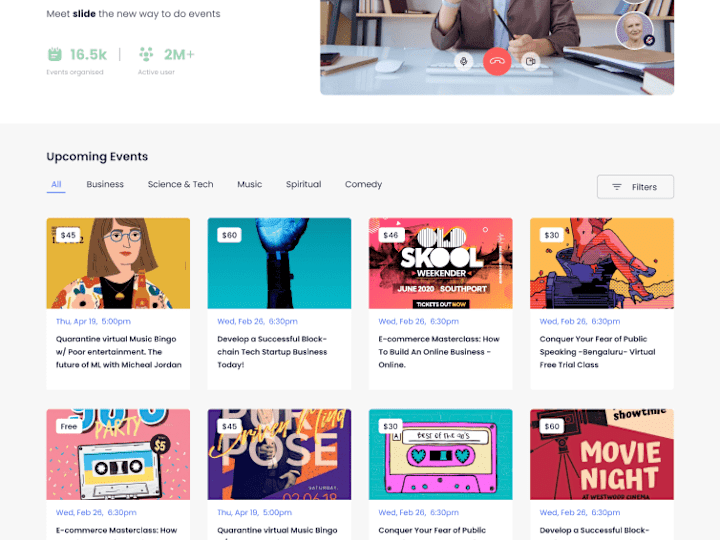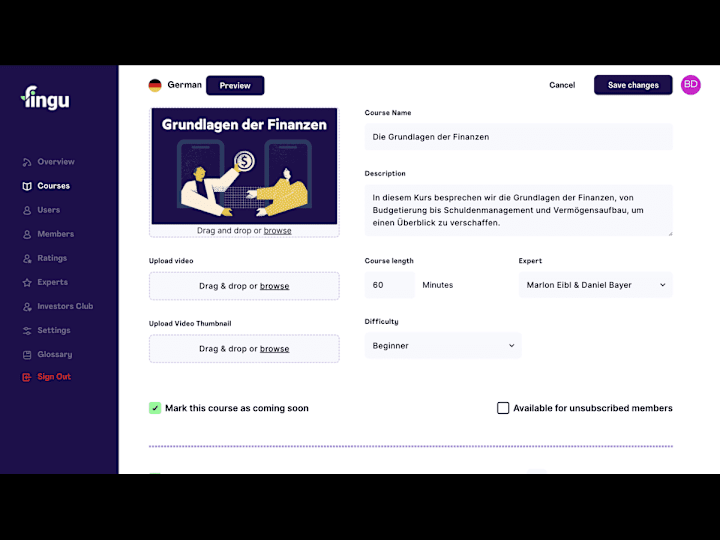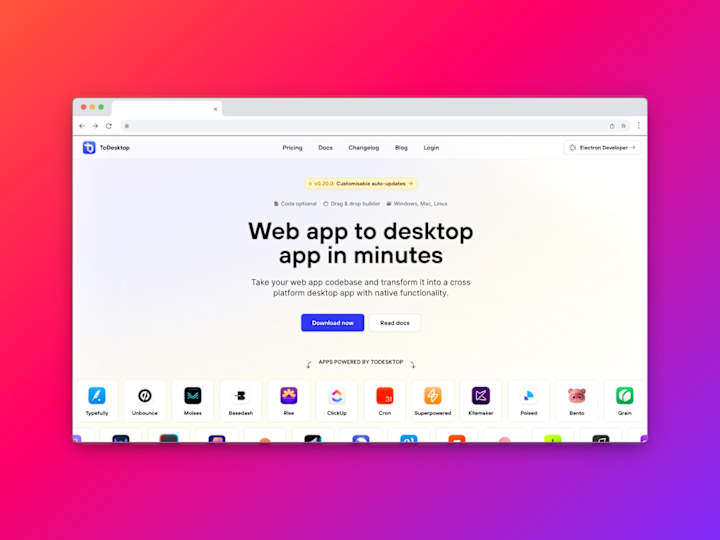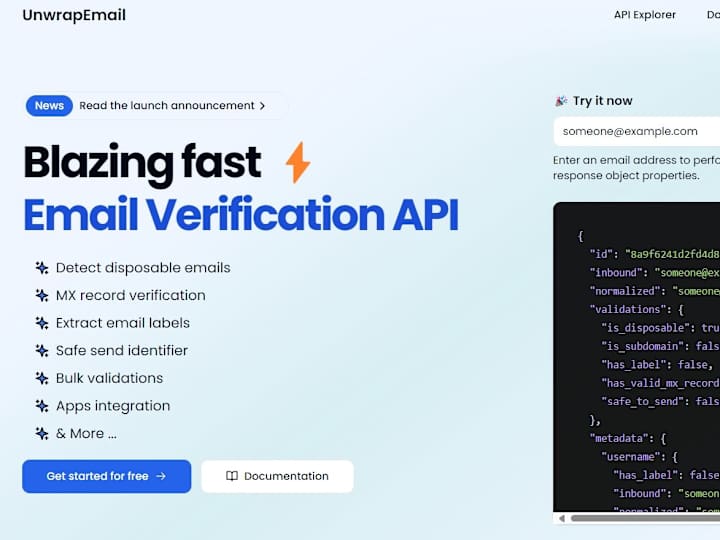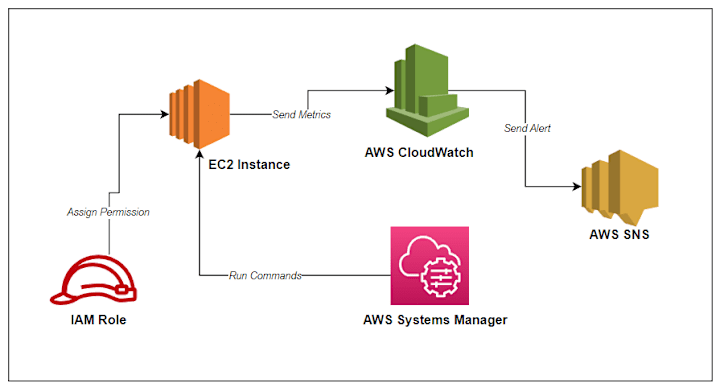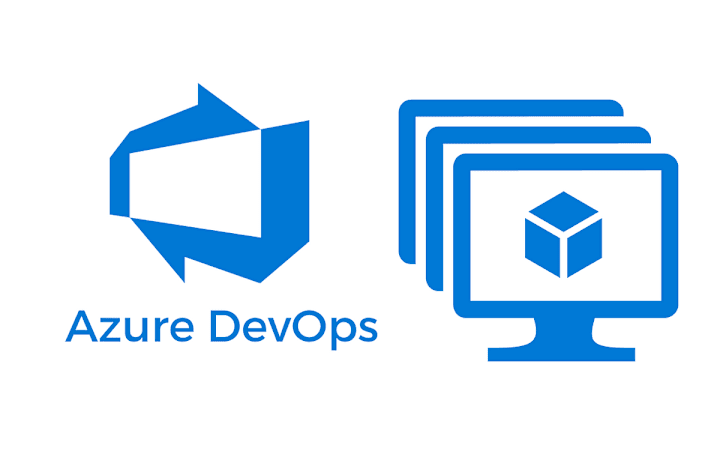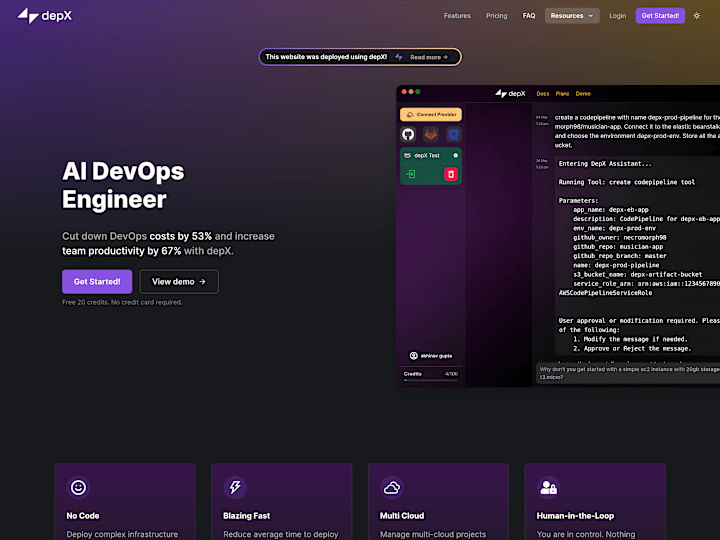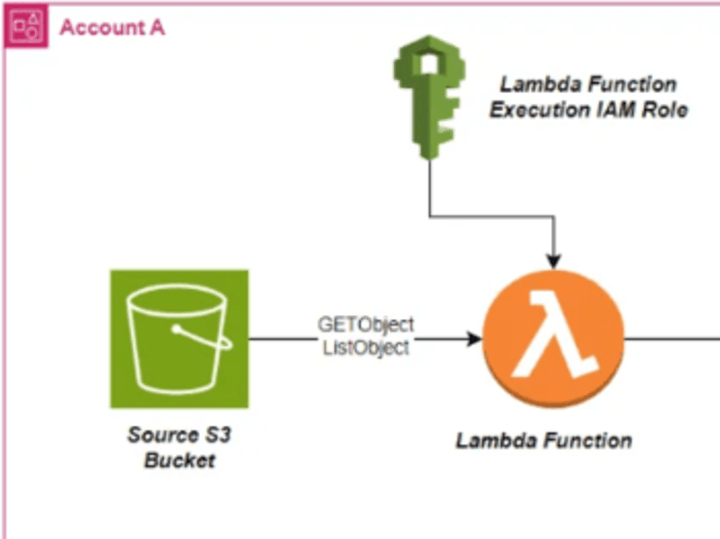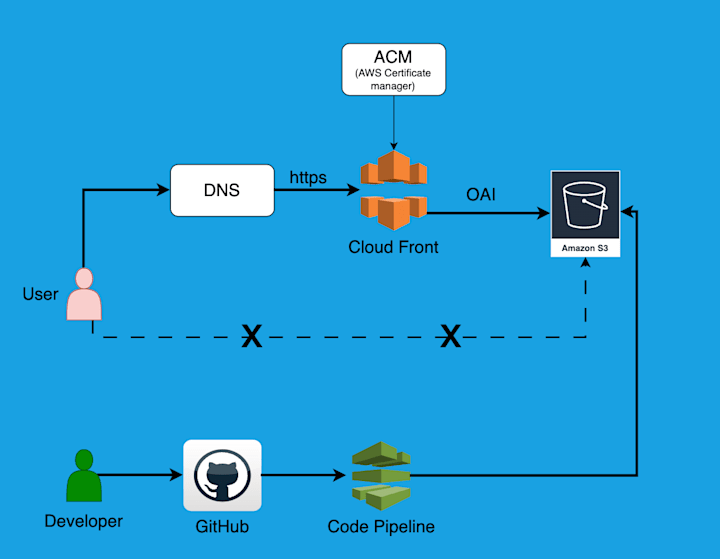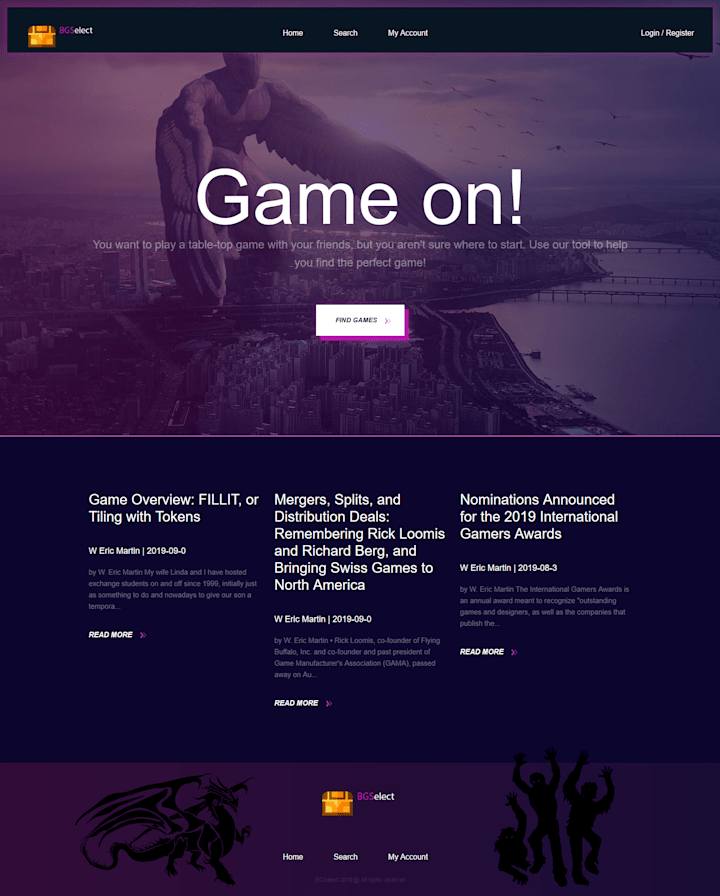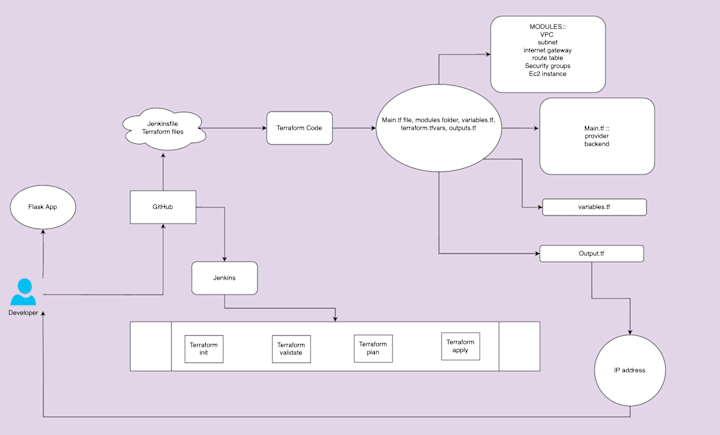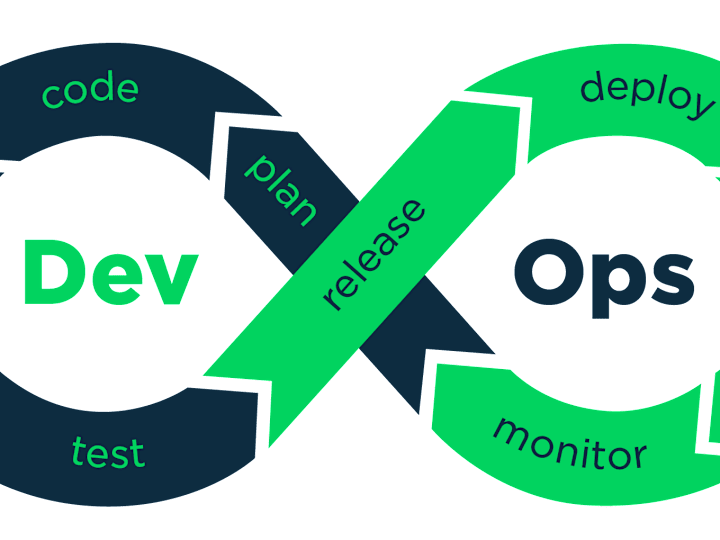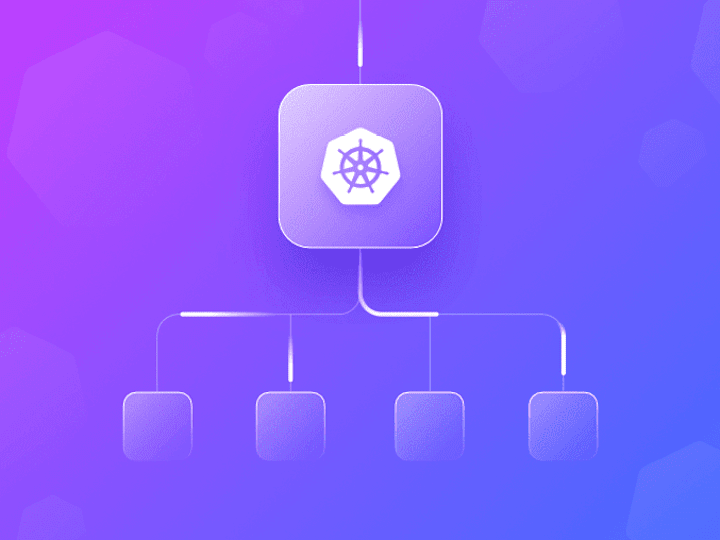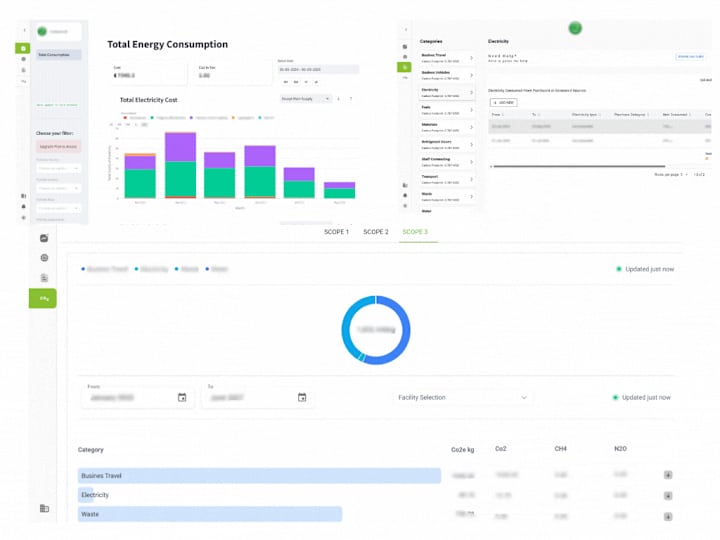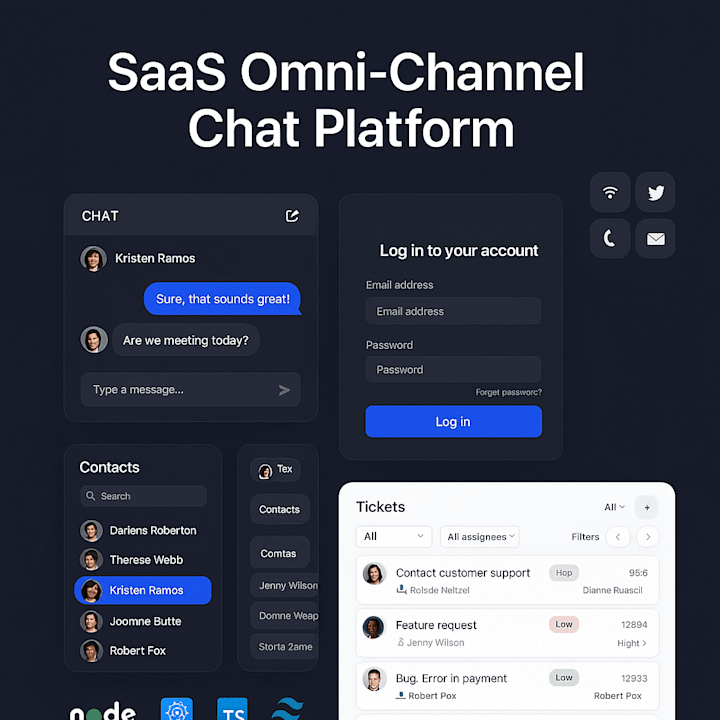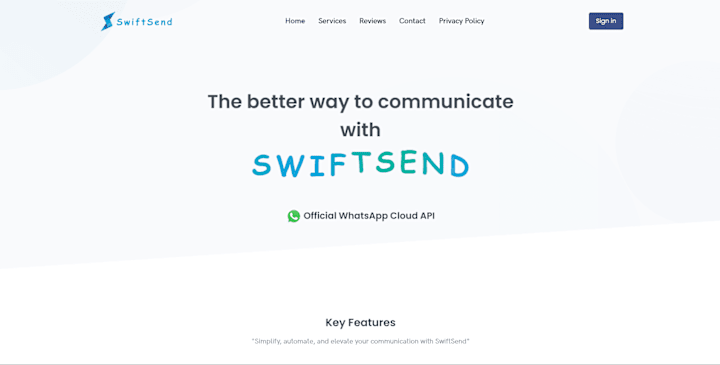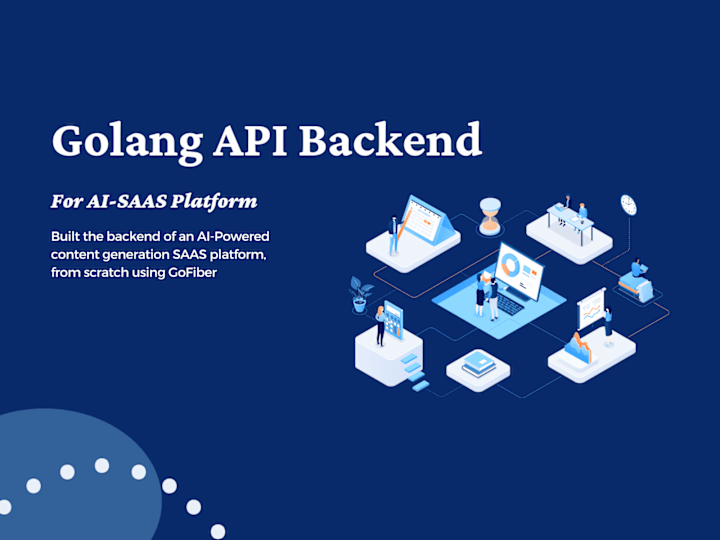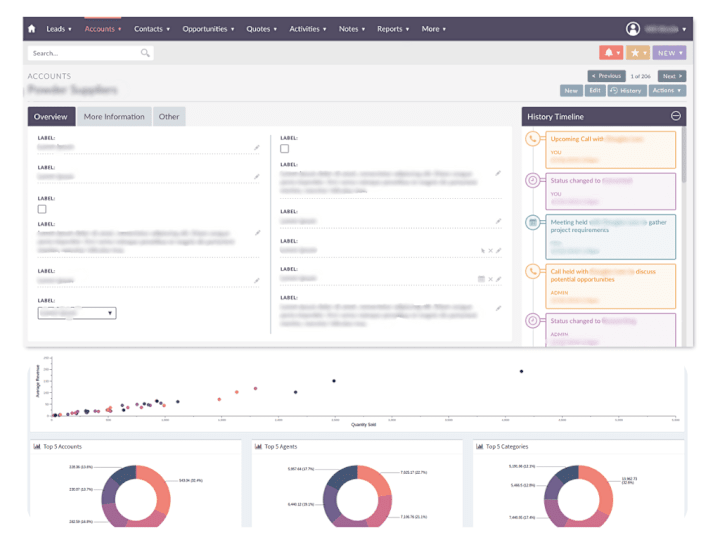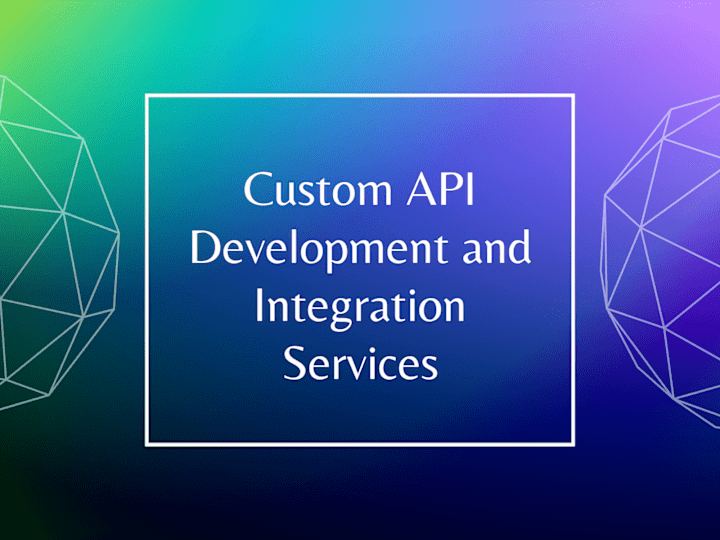Additional resources
What is DevOps Engineering in India
Core DevOps Responsibilities
DevOps Market Size and Growth in India
Common DevOps Tools and Technologies Used
Why Hire DevOps Engineers in India
Cost Advantages
Time Zone Benefits
Technical Expertise and Education Standards
English Proficiency
DevOps Engineer Salary Expectations in India
Entry-Level DevOps Engineer Salaries
Mid-Level DevOps Engineer Compensation
Senior DevOps Engineer Pay Scales
Freelance vs Full-Time Rates
Key Skills to Look for When Hiring DevOps Engineers in India
Cloud Platform Expertise
Container Orchestration Knowledge
Infrastructure as Code Proficiency
CI/CD Pipeline Experience
Monitoring and Observability Skills
Scripting and Programming Languages
Where to Find DevOps Engineers in India
Tech Hubs and Major Cities
Online Job Portals and Platforms
Technical Communities and Forums
University Partnerships and Campus Recruitment
How to Evaluate DevOps Engineering Candidates
Technical Assessment Methods
Portfolio and Project Review
Practical Coding Challenges
System Design Evaluations
Different Hiring Models for DevOps Engineers in India
Direct Full-Time Employment
Contract-Based Hiring
Project-Based Engagements
DevOps as a Service Options
Best Cities in India for DevOps Engineering Talent
Bangalore: The Silicon Valley of India
Hyderabad: Growing Tech Hub
Pune: Emerging DevOps Center
Chennai and NCR Region
How to Create an Effective Job Description for DevOps Engineers
Essential Requirements to Include
Preferred Qualifications
Project Scope and Responsibilities
Compensation and Benefits Details
Interview Process for DevOps Engineers
Step 1: Initial Screening
Step 2: Technical Assessment
Step 3: System Design Discussion
Step 4: Cultural Fit Evaluation
Step 5: Final Decision and Offer
Onboarding Remote DevOps Engineers from India
Setting Up Communication Channels
Providing Access to Tools and Systems
Documentation and Knowledge Transfer
Establishing Work Schedules and Expectations
Cost Comparison: India vs Other Markets
Hourly Rate Comparisons
Total Cost of Ownership
Hidden Costs to Consider
ROI Analysis for Indian DevOps Talent





























